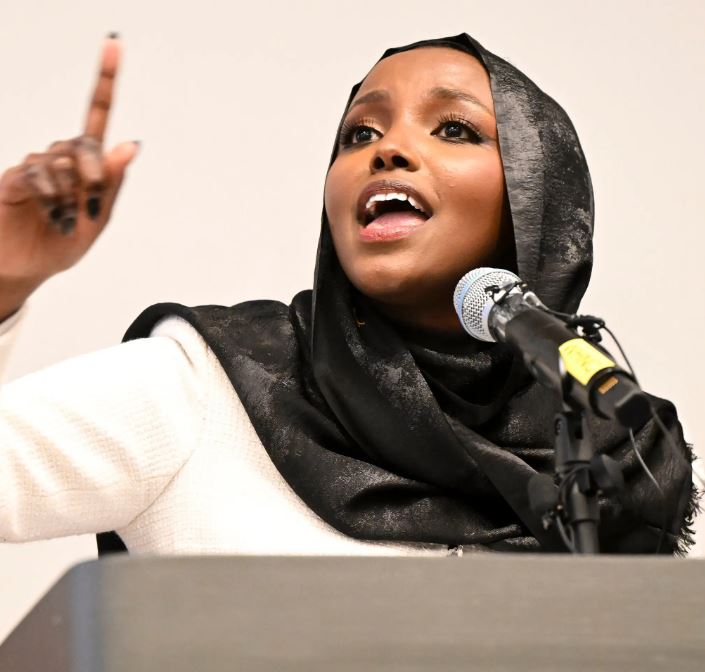In the quiet Minneapolis suburb of St. Louis Park, Nadia Mohamed, a 27-year-old mayor-elect, is making history as the country’s first elected Somali-American mayor. Her journey began as a 10-year-old refugee when she arrived in a community where faces like hers were a rarity. Fast forward to November 7, and Mohamed emerged as the new face of this city of 50,000 residents.
Set to officially take office on January 2, Mohamed’s trajectory into politics started at the age of 23 when she won a seat on the City Council, becoming the youngest person, the first Muslim, and the first Somali-American to serve in that capacity. Her family, having migrated to Kenya after the civil war in Somalia, spent time in the Kakuma refugee camp before settling in St. Louis Park.
Mohamed’s election victory aligns with a broader trend of diverse representation in local leadership positions across the United States. On the same Election Day, Philadelphia witnessed Cherelle Parker becoming its first female and first Black woman mayor, while Lily Wu made history as the first Asian American elected mayor in Wichita, Kansas.
In a community where 80 percent of the population is white, Mohamed’s campaign focused on critical issues such as increasing homeownership and promoting community policing. In a recent interview, she shared insights into her journey, political awakening, and aspirations for her tenure as mayor.
Mohamed’s political consciousness awakened during the 2016 presidential election, a pivotal moment for her as a young voter. Having grown up with the example of Barack and Michelle Obama, the divisive rhetoric of that election cycle, particularly targeting the Somali community in Minnesota, left her questioning her place in American society. As a response, she started engaging with her neighbors, local organizations, and the Police Department, fostering dialogue and connections that contributed to her sense of belonging.
This period of political turbulence prompted Mohamed to run for office, and she secured a City Council seat at the age of 23. During her campaign, she leveraged her personal connection to the neighborhoods she canvassed, having lived in many of them.
For Mohamed, intentionality in policymaking is crucial, emphasizing that rushing through policies without careful consideration leads to mistakes. Her unique identity as a Black, Somali-American woman highlights the ongoing work needed for equity, both in representation and policy outcomes. While breaking barriers is a significant achievement, she acknowledges that the world doesn’t automatically become more equitable with the presence of a person of color in a leadership role.
Reflecting on her experiences, Mohamed emphasizes the importance of recognizing historical discriminatory policies. In Minnesota, for example, there are disparities in homeownership rates between white Americans and people of color in St. Louis Park. To address these disparities, Mohamed advocates for policies that acknowledge historical context and barriers, such as the implementation of a first-generation homebuyers program.
As Mohamed prepares to assume the role of mayor, she remains mindful of the tension she may face as a woman of color in a leadership position. However, she sees this as an ongoing challenge that she is willing to confront with the support of her network and community.
Mohamed’s journey is a testament to the impact of community support and coalition-building. Her courage, paired with the backing of those who believe in her, has propelled her into a position where she can effect change. Drawing inspiration from poet Maya Angelou, Mohamed carries with her a commitment to addressing injustices through the beauty of words—a reflection of her Somali culture deeply rooted in poetry and oral languages.

